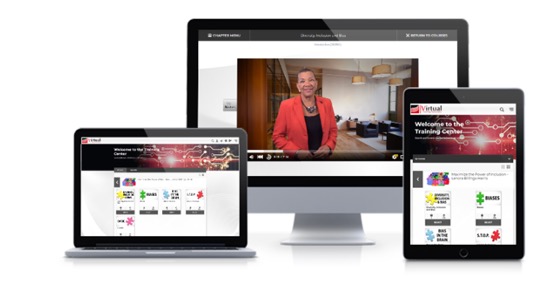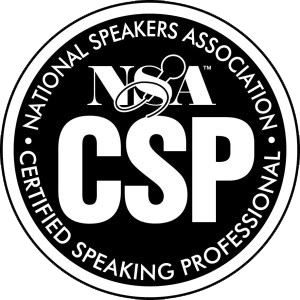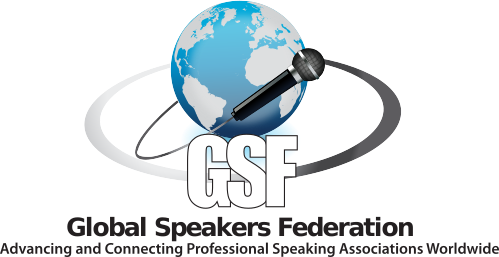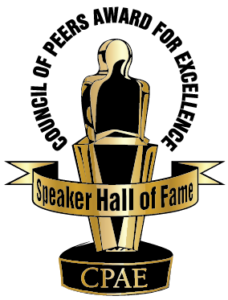Inclusive cultures encourage courageous conversations.
There are barriers, booby traps, and blocked roadways on our journey toward achieving a culturally competent work environment. People say and do things in the workplace without malice of intent, but nonetheless, some of these actions create a less than inclusive environment.
The biggest barrier to giving feedback when these challenging situations occur is fear. The major reason people do not speak up when they experience micro-aggressive behaviors is they do not know how to do so, especially if they must interact with the colleague on a regular basis.
Lenora’s four-step process called S.T.O.P. is easy to use and produces successfully results. It works because there is no blame or shame in the process. Sign up now for this skill-based session to learn a technique that can be used at work, home, and even with children.
Audience takeaways:
- Explore why most people say nothing
- Discover how bias plays a role
- Identify common micro-aggressions that impact relationships
- Apply the 4-step S.T.O.P. feedback process to encourage courageous conversations and disrupt micro-aggressions
Bias has been misunderstood for years. Due to recent research in the area of the neuroscience of bias and its impact on decision making, we now know that everyone has a bias. Furthermore, our biases inevitably impact our daily decisions without our awareness. The good news is once we become aware of the impact of our biases, we can choose to disrupt those biases that produce adverse outcomes.
Internationally recognized author and Hall of Fame Speaker Lenora Billings-Harris examines and helps you re-frame your approach to diversity, inclusion, and employee engagement. Lenora’s course uses an evidence-based approach that provides practical yet cutting-edge insights that can be immediately applied. You will explore what bias is, why it is necessary for our lives, and how unconscious bias impacts productivity, team performance, and bottom-line business results.
Lenora reveals the interdependence of these concepts and the missing components needed to create an environment that supports the diversity of thought. This content-rich course will help you identify the essential skills that accelerate positive results in our fast-paced multicultural world.






